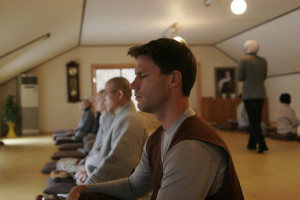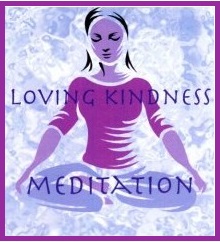Contemplative practice can be challenging. It asks us to engage in an activity while quieting the mind. But, the attempt to quiet the mind is itself an effort that disturbs the peace and absorption that we seek. When unsuccessful which we will inevitably be, we further upset the quiet with recriminations and feelings of failure.
It seems a complete contradiction that we must somehow try without trying. We must exert effortless effort. We are told that this is essential to our progress, but our minds do not have a clue as to how to accomplish this deceptively simply requirement. But, this last statement actually presents a vital clue, our minds simply can’t do it.
So we can’t figure it out, we cannot find and follow instructions, and we can’t rely of logic and reason. Then what is left? The key resides in that which is not mind. We can call it awareness, we can call it the watcher, or we can call it spirit. Regardless of the label it’s the ever present registerer of experience.
Effortless effort is relaxing into just being present, just being aware. It’s that simple, really! It’s always there so we don’t have to try to call it into action. In fact, it doesn’t require any mental activity whatsoever. It doesn’t take effort to be what is already there, to do what we’re already doing.
Even our thoughts and attempts to control experience are experienced and if we don’t react or respond to them then they are just another thing happening in awareness. Reacting takes effort, not reacting does not. Just relax and watch them like clouds passing by, viewing with effortless effort.
The mind will fight this, but if we simply ignore it, it will slowly quiet allowing effortless effort to define our experience.






 A challenge faced after a retreat is to maintain what’s been learned and the relaxed and mellow feelings upon reentering the everyday world. The cloistered environment of the retreat is a spiritual vacation and like all vacations the effects often dissolve as soon as the demands of everyday life descend upon us.
A challenge faced after a retreat is to maintain what’s been learned and the relaxed and mellow feelings upon reentering the everyday world. The cloistered environment of the retreat is a spiritual vacation and like all vacations the effects often dissolve as soon as the demands of everyday life descend upon us.
